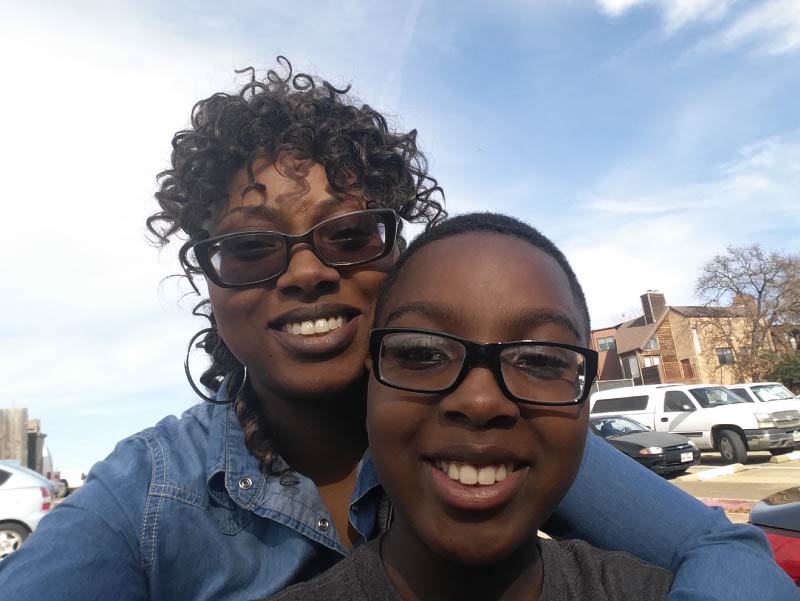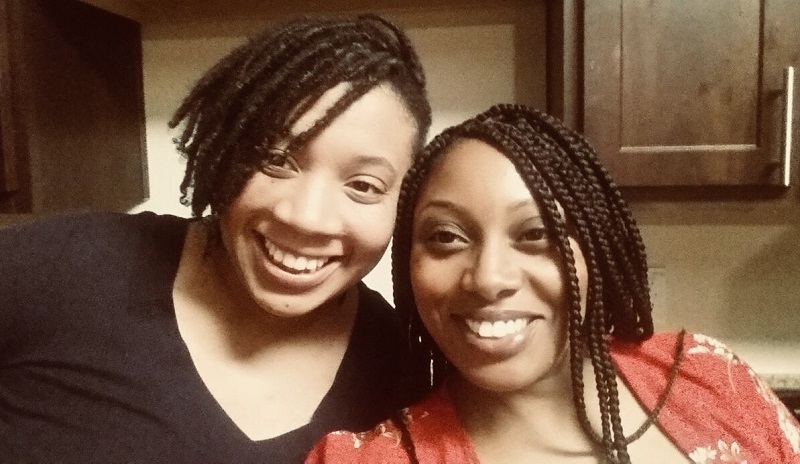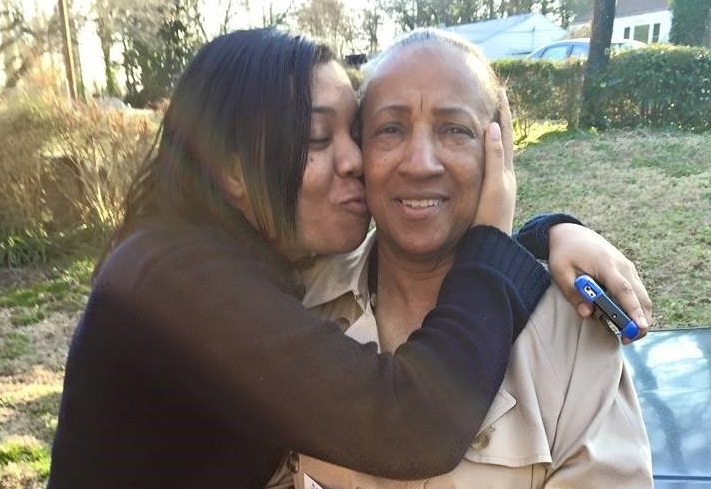Filmmakers look at nutrition and health in black communities
By American Heart Association News

Jasmine Johnson has become reacquainted with the South Dallas neighborhood where she grew up. Much is familiar, but she's noticed there aren't many places that sell fresh food.
The 29-year-old filmmaker is determined to bring attention to the issue for a community riddled with diabetes, high blood pressure and other chronic diseases. She said the short film she's making about the impact poor nutrition has on the health of people in that area is her way of giving back to the black community where her family's roots and civic contributions run deep.
"There are people that are struggling. There are people that are hurting," said Johnson. "There are people that need more attention than they are getting."
Johnson said she knew her friend Carlita Wilson was the right person to team up with for the project. The women's proposal won first place in a competition sponsored this summer by the American Heart Association's EmPOWERED to Serve initiative, a program that promotes heart disease and stroke awareness in black communities. The film doesn't have a release date yet.
Wilson grew up in Chicago's South Side, a largely black community and an area that is known for crime problems and poverty. The freelance script writer from Arlington, Texas, said her childhood neighborhood and South Dallas share many bad nutritional traits.
"There was always fried chicken, fried fish options on every corner," said Wilson, 37. "There were plenty of liquor stores, plenty of places that you can buy things that we didn't necessarily need or weren't healthy. There weren't fresh food options hardly anywhere."
Black adults are more likely than white adults to suffer from high blood pressure, diabetes, obesity and other conditions that cause or increase the risk for heart disease and stroke. They're also more likely to die from heart disease and stroke compared to other racial and ethnic groups.

Both women know firsthand that poor eating habits can take a serious toll on health.
Johnson's mother has had three strokes over the past eight years. She also has uncontrolled high blood pressure. Johnson attributes her mother's health problems to many years of pizzas, chicken nuggets, hamburgers and other fast food.
Her father has diabetes, and last year, Johnson's doctor told her she was prediabetic. Johnson said she so rarely ate fruits and vegetables growing up that she considered them a treat.

Wilson's parents have similar struggles with diabetes, high blood pressure and heart disease. Although the family regularly ate home-cooked meals, their diet was short on fruits and healthier vegetables.
Their loved ones' health scares — and their own — made the pair determined to take better care of themselves and their families.
Johnson said she's cooking more and has inspired her family to eat healthier meals, and she cooks regularly for her parents. She's gotten some of her cousins to try her kale shakes.
"If there's a will, there's a way," said Johnson. "Not on my watch will they die because of the poor nutrition."
Wilson, who has a 12-year-old son, said she's learned to put a healthy twist on the soul food meals of her childhood she now cooks for her family. Getting her boyfriend and his son to eat more fruits and vegetables is an ongoing project, she said.
The women hope the film resonates beyond Dallas in other black communities where many people don't eat right in part because they're struggling to make ends meet. They want their project to inspire people in those cities and towns to take charge of their nutrition to get healthy.
"You can be proactive. You don't have to get heart disease, you don't have to become diabetic," Wilson said. "I do believe change can happen."
If you have questions or comments about this story, please email [email protected].



